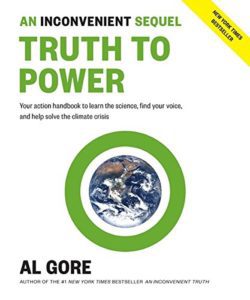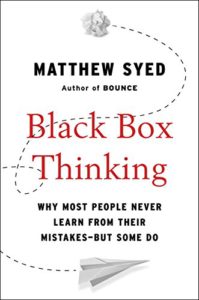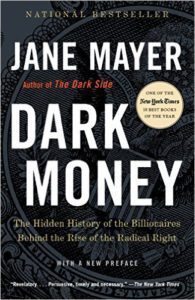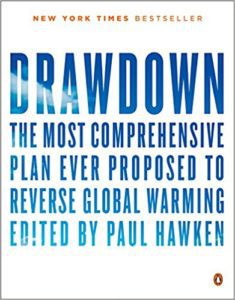 | How to Talk to Your Kids about Climate Change by Harriet Shugarman Building grit and hope in the face of the climate emergency With catastrophic global warming already baked into the climate system, today’s children face a future entirely unlike that of their parents. Yet how can we maintain hope and make a difference in the face of overwhelming evidence of the climate crisis? Help is at hand. Written by Harriet Shugarman – the Climate Mama and trusted advisor to parents – How to Talk to Your Kids About Climate Change provides tools and strategies for parents to explain the climate emergency to their children and galvanize positive action. |
 | by Hal Harvey (Author), Robbie Orvis (Author), Jeffrey Rissman (Author) With the effects of climate change already upon us, the need to cut global greenhouse gas emissions is nothing less than urgent. It’s a daunting challenge, but the technologies and strategies to meet it exist today. A small set of energy policies, designed and implemented well, can put us on the path to a low carbon future. Energy systems are large and complex, so energy policy must be focused and cost-effective. One-size-fits-all approaches simply won’t get the job done. Policymakers need a clear, comprehensive resource that outlines the energy policies that will have the biggest impact on our climate future, and describes how to design these policies well. |
 | An Inconvenient Sequel: Truth to Power (Action Manual)by Al Gore, 2017 The book also offers a comprehensive how-to guide on exactly how we can change the course of fate. With concrete, actionable advice on topics ranging from how to run for office to how to talk to your children about climate change, An Inconvenient Sequel will empower you to make a difference–and lets you know how exactly to do it. |
 | Nobody wants to fail. But in highly complex organizations, success can happen only when we confront our mistakes, learn from our own version of a black box, and create a climate where it’s safe to fail. |
 | Dark Moneyby Jane Mayer, 2016 Why is America living in an age of profound and widening economic inequality? Why have even modest attempts to address climate change been defeated again and again? Why do hedge-fund billionaires pay a far lower tax rate than middle-class workers? In a riveting and indelible feat of reporting, Jane Mayer illuminates the history of an elite cadre of plutocrats—headed by the Kochs, the Scaifes, the Olins, and the Bradleys—who have bankrolled a systematic plan to fundamentally alter the American political system. Mayer traces a byzantine trail of billions of dollars spent by the network, revealing a staggering conglomeration of think tanks, academic institutions, media groups, courthouses, and government allies that have fallen under their sphere of influence. Drawing from hundreds of exclusive interviews, as well as extensive scrutiny of public records, private papers, and court proceedings, Mayer provides vivid portraits of the secretive figures behind the new American oligarchy and a searing look at the carefully concealed agendas steering the nation. Dark Money is an essential book for anyone who cares about the future of American democracy. |
 |
by Paul Hawken, 2017 In the face of widespread fear and apathy, an international coalition of researchers, professionals, and scientists have come together to offer a set of realistic and bold solutions to climate change. One hundred techniques and practices are described here—some are well known; some you may have never heard of. They range from clean energy to educating girls in lower-income countries to land use practices that pull carbon out of the air. The solutions exist, are economically viable, and communities throughout the world are currently enacting them with skill and determination. If deployed collectively on a global scale over the next thirty years, they represent a credible path forward, not just to slow the earth’s warming but to reach drawdown, that point in time when greenhouse gases in the atmosphere peak and begin to decline. These measures promise cascading benefits to human health, security, prosperity, and well-being—giving us every reason to see this planetary crisis as an opportunity to create a just and livable world. |
 | The Collapse of Western Civilizationby Naomi Oreskes and Erik M. Conway Written as Science Fiction from a future time, it is a concise but comprehensive look at the reasons for denial of the problems. The year is 2393, and a senior scholar of the Second People’s Republic of China presents a gripping and deeply disturbing account of how the children of the Enlightenment, the political and economic elites of the so-called advanced industrial societies, entered into a Penumbral period in the early decades of the twenty-first century, a time when sound science and rational discourse about global change were prohibited and clear warnings of climate catastrophe were ignored. What ensues when soaring temperatures, rising sea levels, drought, and mass migrations disrupt the global governmental and economic regimes? The Great Collapse of 2093. |